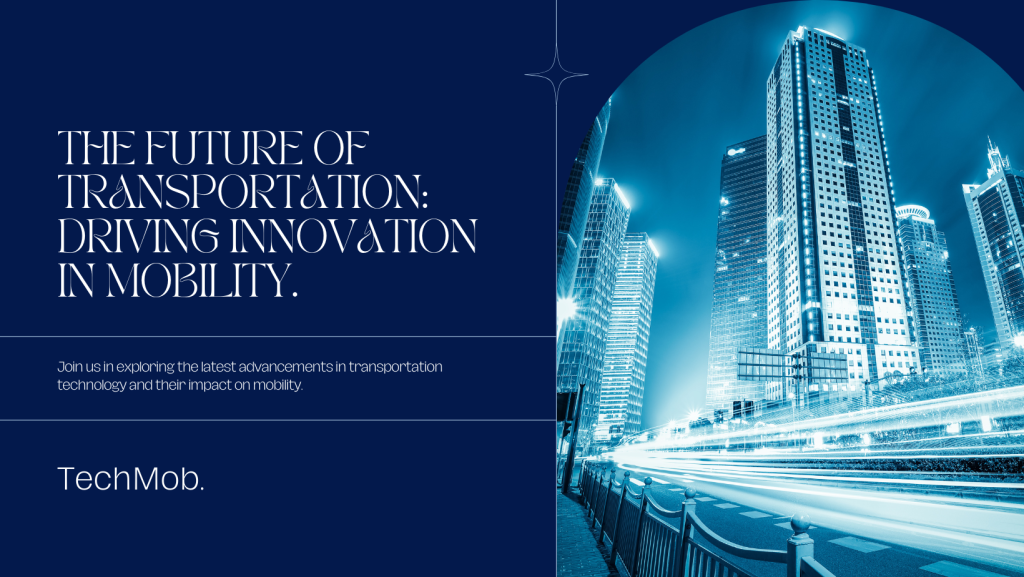The future of transportation is being reshaped by rapid technological advancements, paving the way for innovative solutions that prioritize efficiency, sustainability, and accessibility. Emerging technologies such as electric and autonomous vehicles, hyperloop systems, and aerial mobility are revolutionizing the way people and goods move.
Electric vehicles (EVs) have gained significant traction as a cleaner and more sustainable alternative to traditional gasoline-powered cars. With advancements in battery technology and charging infrastructure, EVs are becoming more accessible and practical for everyday use, contributing to efforts to reduce greenhouse gas emissions and combat climate change.
Autonomous vehicles (AVs) represent another transformative force in transportation. Leveraging artificial intelligence and sensor technology, AVs have the potential to enhance safety, alleviate traffic congestion, and redefine urban mobility. Companies are investing heavily in developing and testing autonomous driving systems, with pilot programs already underway in various cities worldwide.
Hyperloop technology offers a glimpse into the future of high-speed ground transportation. By propelling passenger pods through low-pressure tubes at speeds exceeding 700 mph, hyperloop systems promise to revolutionize long-distance travel, drastically reducing travel times and unlocking new economic opportunities.
Furthermore, advancements in aerial mobility, including electric vertical takeoff and landing (eVTOL) aircraft and drones, are poised to transform urban transportation and logistics. These vehicles offer the potential for on-demand air travel and cargo delivery, bypassing traditional infrastructure constraints and addressing last-mile connectivity challenges.
As technology continues to drive innovation in mobility, the future of transportation holds promise for safer, more sustainable, and interconnected systems that enhance the overall quality of life for individuals and communities worldwide. Embracing these advancements requires collaboration among policymakers, industry stakeholders, and the public to ensure that transportation systems of tomorrow are inclusive, efficient, and environmentally conscious.


